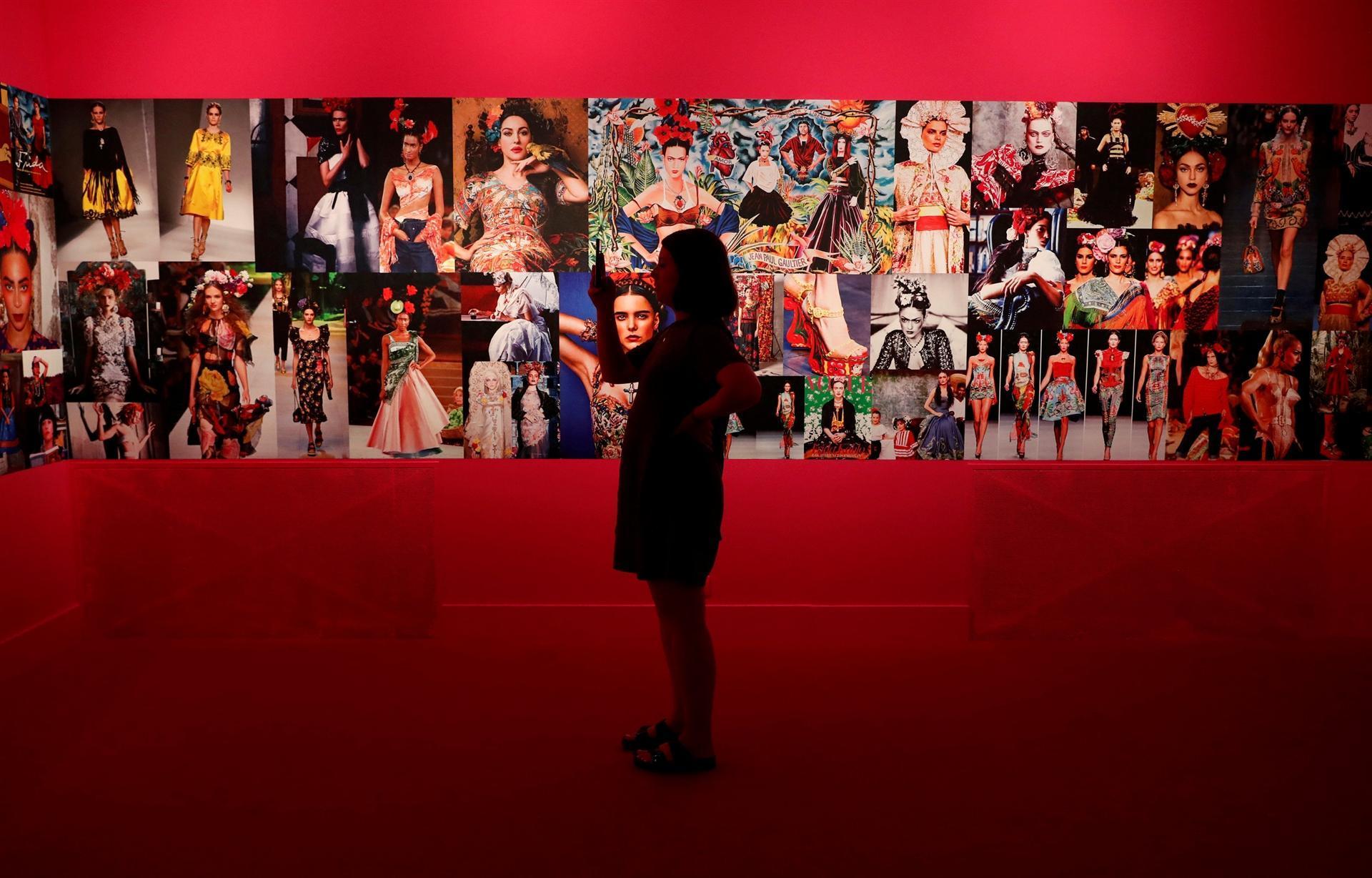
Sixty-four years after her death, the personal life and politics of Frida Kahlo have come under scrutiny in Hungary.
A right-wing pro-government newspaper has criticised a hugely popular exhibition of her work at the Hungarian National Gallery in Budapest for "promoting communism."
The criticism comes as part of a wider national debate on culture and cultural policy since nationalist Prime Minister Viktor Orban won a third consecutive mandate in April.
Orban's supporters and pro-government journalists have argued in the past weeks that after Orban won another strong mandate, it was now time for a shift in culture towards conservative values to end what they call a dominance of leftist-liberal artists.
In a July 14 article entitled "This is the way communism is promoted using state money," the Kahlo exhibition was listed in the right-wing newspaper Magyar Idok along with some other galleries, artists and exhibitions.
"You won't believe it but Trotsky has emerged in Budapest again, this time from Frida Kahlo's bed," the newspaper wrote, referring to her affair with Leon Trotsky, a key figure in the Bolshevik seizure of power in Russia, during his later exile in Mexico. Trotsky was assassinated in 1940.
Kahlo was affiliated with the communist Party of Mexico and is also said to have decorated the head of her bed with images of communist leaders Marx, Engels, Lenin, Stalin and Mao, according to Mexico's Museo Frida Kahlo.
The Kahlo exhibition, the international musical Billy Elliot and a string of gallery shows have found themselves under fire in a series of articles in the newspaper.
The paper added there was "no aesthetic problem" with the exhibition of the "Mexican communist painter," which is drawing up to 3,000 visitors a day.
The National Gallery declined comment. Kahlo has become one of the twentieth century's most famous artists in the decades since her death, and her work draws huge interest.
The Budapest exhibition of paintings coincides with a Kahlo exhibition at London's Victoria Albert Museum that focuses on her life story through personal artefacts.